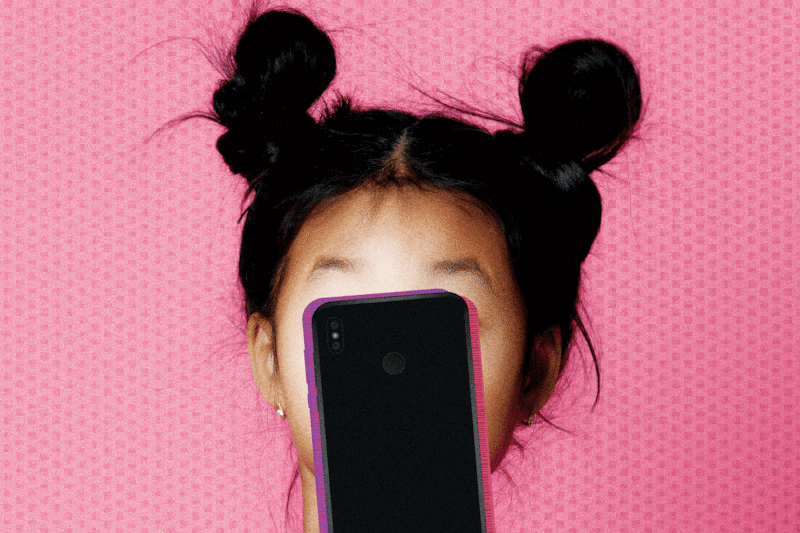Are you in your “trying to be relatable” era? Let me be your guide on understanding how all of the latest emojis, slang and curious punctuation came to be.
It may seem like Gen Z speaks a whole other language. For example, instead of “slay” meaning to kill or to do something well, the term can also mean something closer to “OK.” With terms like these, it can be hard to keep up.
Slang isn’t a new concept. It’s another way of saying vulgar, as in common, language. While the written words tends to be more formal, the spoken word has more idiosyncrasies slip into it. Gen Z slang is no exception, but it also differs in some ways.
The internet seems to have increased the prevalence and nature of slang. According to CUNY, the Silent Generation used slang like “bright-eyed and bushy-tailed” to refer to someone who was particularly attentive. With the rise of the internet, there emerged a generation known as “digital natives” — those born in the technology era — and this generation is particularly known for its slang.
The internet has shaped Gen Z slang in many ways, but some of the more apparent ways are how abbreviations are used. In a digital age full of texting and messaging, abbreviations are a shorthand way of conveying information efficiently — this has entered speech and become slang. Gen Z slang is also shaped by meme culture and GIFs. While typically slang is words, memes and GIFs are part of the language.
Another way is via social media trends. Internet trends have led to the emergence of ever-evolving slang. Since TikTok can lead to videos quickly going viral, it makes sense that slang would evolve more quickly. An example of this is the term “rizz.” According to Business Insider, the term “rizz,” which is an abbreviated form of word “charisma,” rose to popularity in part because of a TikTok video.
It’s not uncommon for Gen Z slang to become popular in this sense. The Washington Post reported that Gen Z slang often stems from how this generation grew up with the internet. This means that the generation uses emojis in different ways, too, because they grew up with them and have a native familiarity with them.
Gen Z slang explained
Earlier, I explained in the Deseret News some of the definitions of Gen Z slang terms like glow-up and slay. Here are some of the definitions I provided:
Glow-up: Think of this term as a way of describing how someone improved from where they used to be.
Slay: This word means to do something well or to do a good job.
Bet: Bet is a way of saying “yes” or “OK” or “it’s on.”
Vibing: Gen Z is big on vibes. Vibing describes a generic positive feeling that someone has about something.
Stan: This word is synonymous with supporting something.
Sus: Shorthand for suspicious.
Facts: This word is a way of saying that something is true.
Talking like a Gen Zer takes more than just using the correct slang terms, though. You don’t want to come across as “cheugy” (a millennial trying to sound trendy) by throwing out these slang terms randomly.
At the end of the day, part of understanding Gen Z slang is spending time on the internet and perusing social media. Like any language, this one takes immersion.


